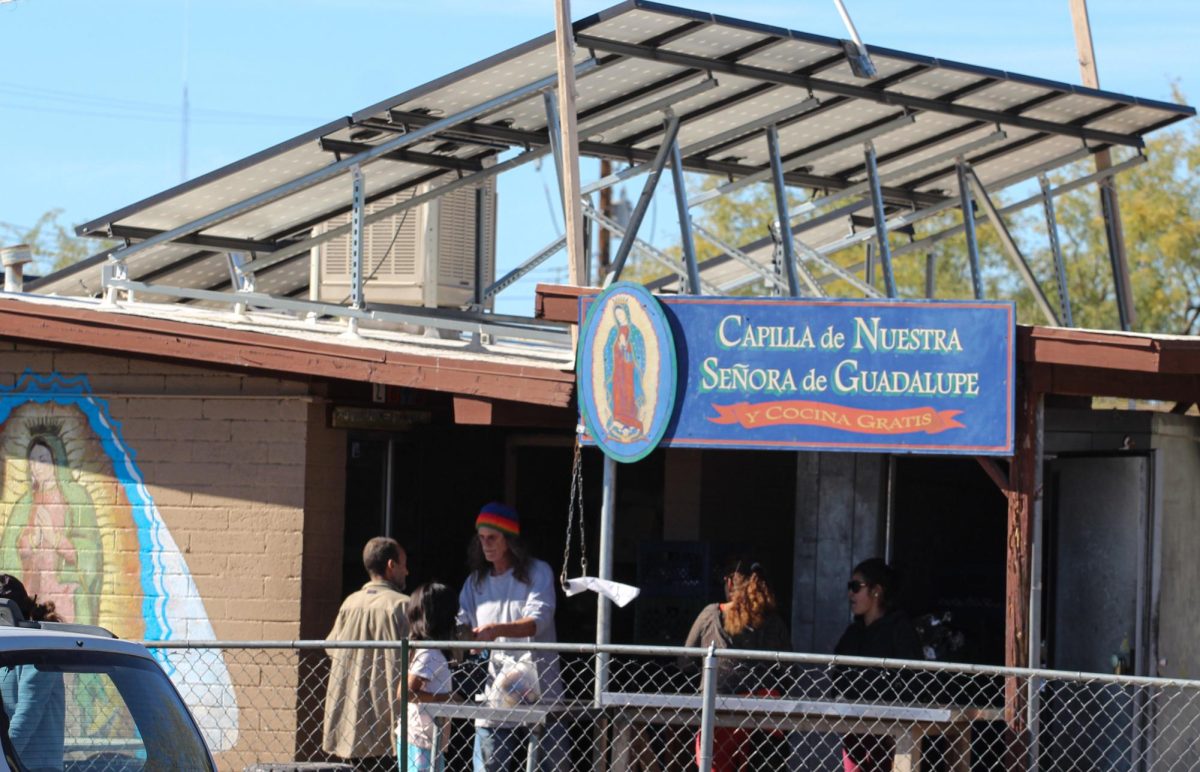The suburban sun is getting ready to fall from the sky, painting it peach on the way down. Sand is crunching under my dad’s feet as he carries an aged wooden ladder on his shoulder, which he took from the shed. He walks to open the rusty garden door, which eventually gives in and opens with its short, signature squeak.
My dad’s eyes wander around under his over-worn baseball cap, looking for the ideal place to start. He always thinks everything, in every area of his life, even apricot picking.
Once he finds a suitable place, he sets up his old ladder, pushing it deep into the sand to make it stable. Carefully, he steps up one step at a time to conquer the top of the slim tree to hand me it’s gifts.
“Careful,” he says, as he hands the first one over. “It’s as ripe as it gets.”
The skin of the apricot is velvet smooth. I do a gentle squeeze to see for myself that today is indeed the last day we could harvest these treasures from the garden; as the sun came up tomorrow, the fruit would softly fall in the sand and serve as a feast for wasps. As usual, we can’t help ourselves and try some from the ripest ones, or as we call it, quality controlled it. The apricots gently opened at our slightest touch, and after taking the seed out, we let our taste buds bathe in this juicy, tender fruit.

Not all apricots make it to the kitchen: while at the garden, we open and try some fruit from each tree to make sure they are sweet enough.
We soak in the peaceful bee buzzing, robin chirping and the sweet smell of apricots as we fill our plastic buckets until they overflow. My dad and I can really appreciate the beauty of working together in nature, without even saying a word. Standing in the sand, hugged by humid air, looking around the trees my grandparents planted feels nostalgic even as it’s happening.
We arrive back at our home in Budapest. A suitable time has passed and it’s now dusk, and the journey of the apricots’ metamorphosis begins in our kitchen. Taking the fruit out carefully from the plastic boxes covered with old newspaper, I rinse them above the sink, observing them, cutting the bad parts out with the sharpest knife my mother would not approve of, and removing the seed from each. I place the fruit into the family’s biggest pots, which are oftentimes hidden in the back of the cupboard. Finally, they come from the dark to be the centerpiece in our kitchen, as they deserve.
My dad is in charge of the kitchen scale, as he precisely measures the proper amount of fruit as well as sugar. After blending this mix together, he sets the temperature on the stove and hands me a wooden spoon to stir.
Jam-making makes me nostalgic. There is a widely accepted rumor in Hungary that nothing could ever compete with the jam made by your grandmother. It is no wonder why: each of our grandparents learnt it from their mothers, making sure the handwritten recipes are foolproof. I can attest to that. But for me, it is about more than just the taste. These intense flavors bring back my childhood summers in Albertirsa, where my grandparents welcomed us with so much love for our holidays each August.
Every morning, my brother and I would have apricot jam and butter on a fresh kifli (a crescent shaped yeast roll) when staying with my grandparents. We would have breakfast on the porch, sitting on plastic chairs with the early morning sun shining into our faces. I can still feel the lightly salted pastry fusing with the slightly melted butter and the silky taste of the most flavorful apricot jam ever made.While we got messy from the dripping jam, which stained our shirts, we were talking about life with my grandma, who always wanted to live long enough to see what I, her bright-eyed granddaughter, would be in the future.

Sooner or later, I have come to understand every situation life has put me through. Except for one–why my grandma had to leave so early. She is not with us anymore to ask how we like the flavor of each jam or pastry she made; for us to get lost in her long hugs, to talk about life or to see that her bright-eyed, talkative and overly-competitive granddaughter found her passion in journalism.
In our cold-floored, rose-bud-curtained home kitchen in Budapest, however, my grandma’s recipes and love of jam-making live on. There is not a single year now in which we miss jam-making with my dad, her son, with whom I stand in the kitchen after midnight, with our oversized, unfashionable T-shirts, keeping the tradition alive. Just like while harvesting, we are not big on words during the process. It is our time to cherish and relive summer memories connected to my grandma and her sweet delights.
“You can stir it now,” says my dad, breaking the silence. “The bottom will burn if you don’t pay attention.”
Arizona Sonoran News is a news service of the University of Arizona School of Journalism.











